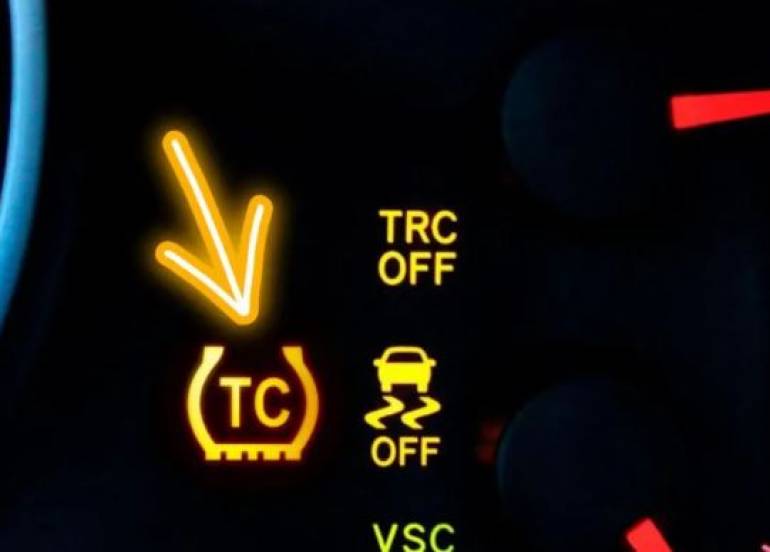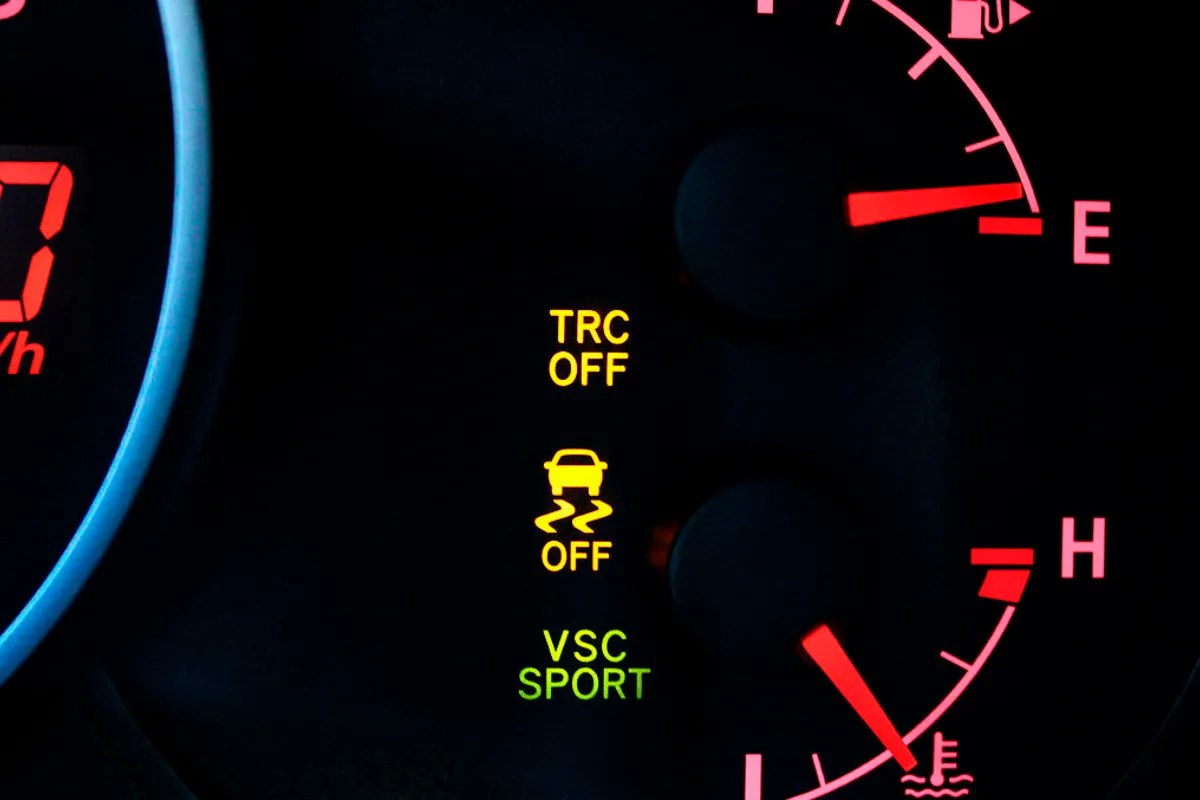Que Significa Tc En El Tablero
In the realm of sports and competitive gaming, the scoreboard holds immense significance in conveying vital information to players, spectators, and analysts alike. Among the various acronyms and abbreviations displayed on the scoreboard, one that often sparks curiosity is "TC." Understanding the meaning of TC requires delving into the context of the specific sport or game in question, as its interpretation can vary across different disciplines.
In general, TC stands for "Team Composition." It refers to the combination of characters, heroes, or players that a team selects to compete in a particular match or round. Team Composition plays a pivotal role in determining a team's overall strategy, strengths, and weaknesses. It involves careful consideration of individual abilities, synergies between teammates, and matchups against the opposing team.
Diving deeper into the significance of TC, we will explore how it impacts various aspects of team performance, including:
What Does TC Mean on the Scoreboard
Understanding TC's significance in various sports and games is crucial for analyzing team strategies and predicting outcomes.
- Team Composition
- Strategy and Synergy
- Matchup Analysis
- Dynamic Adaptations
TC is a dynamic aspect that can shift throughout a match or round, requiring teams to adapt their strategies and compositions accordingly.
Team Composition
Team Composition (TC) is a crucial aspect of competitive gaming and sports, as it significantly influences a team's overall performance and strategic approach. In essence, TC refers to the selection and arrangement of individual players or characters into a cohesive unit that aims to achieve a common goal.
The process of determining TC involves careful consideration of several key factors, including:
- Individual Abilities: Each player or character possesses unique strengths, weaknesses, and abilities. Identifying and selecting individuals with complementary skills is essential for creating a balanced and versatile team.
- Synergy and Team Dynamics: Team Composition should foster synergy among team members, allowing them to combine their abilities and strategies effectively. Good communication and coordination are also crucial for maximizing team performance.
- Matchup Analysis: Analyzing the strengths and weaknesses of the opposing team is vital when determining TC. Selecting characters or players who can exploit the opponent's vulnerabilities while minimizing their own weaknesses can provide a significant advantage.
- Dynamic Adaptations: Team Composition is not static and may require adjustments during a match or round. Teams need to be prepared to adapt their TC based on changing circumstances, such as the opposing team's strategies or unexpected events.
Effective Team Composition requires a deep understanding of the game mechanics, character abilities, and team dynamics. Teams that can consistently create and execute strong Team Compositions are often more likely to achieve success in competitive environments.
The significance of Team Composition extends beyond individual matches or rounds. It also plays a crucial role in developing a team's identity and reputation. Teams that consistently display innovative and effective Team Compositions often gain recognition and respect within the competitive gaming and sports communities.
Strategy and Synergy
Strategy and Synergy are two fundamental pillars upon which successful Team Compositions are built. Strategy refers to the overall plan and approach that a team employs to achieve victory, while Synergy encompasses the interactions and combinations between individual team members that enhance the team's overall performance.
Effective strategies often involve a combination of:
- Game Plan: A well-defined plan outlining the team's objectives, priorities, and tactics for achieving victory.
- Role Assignments: Clearly defined roles for each team member, ensuring that they understand their responsibilities and how they contribute to the team's overall strategy.
- Communication and Coordination: Establishing effective communication channels and fostering teamwork to ensure that players can adapt and execute the strategy seamlessly.
- Adaptability: Being prepared to adjust the strategy based on changing circumstances, such as the opposing team's actions or unexpected events.
Synergy, on the other hand, is the result of combining individual abilities and strengths to create a cohesive and potent unit. It involves:
- Teamwork and Cooperation: Players working together, supporting each other, and leveraging their combined strengths to maximize the team's overall effectiveness.
- Ability Combinations: Selecting characters or players whose abilities complement and synergize with each other, creating powerful combinations and strategies.
- Communication and Coordination: Effective communication and coordination are essential for executing complex strategies and maximizing the potential of team synergies.
Teams that can effectively combine strong strategies with exceptional synergy are often formidable opponents, capable of overcoming even the most challenging obstacles.
Developing effective strategies and fostering synergy within a team requires a deep understanding of the game mechanics, character abilities, and team dynamics. It also involves continuous practice, experimentation, and adaptation to stay ahead of the competition.
Matchup Analysis
Matchup Analysis is a critical aspect of Team Composition, as it involves assessing the strengths, weaknesses, and potential interactions between the two teams competing against each other. By carefully analyzing the matchup, teams can identify favorable and unfavorable situations, exploit the opponent's vulnerabilities, and minimize their own weaknesses.
Effective Matchup Analysis often involves:
- Character and Ability Analysis: Examining the individual characters or players on each team, their abilities, strengths, and weaknesses. This helps identify potential synergies and counters.
- Team Composition Analysis: Evaluating the overall composition of each team, including the roles assigned to each player and the potential strategies they may employ.
- Game Mode and Map Analysis: Considering the specific game mode and map being played, as these factors can influence the effectiveness of certain characters or strategies.
- Historical Data and Trends: Reviewing previous matches and historical data to identify patterns and trends that may provide insights into the opposing team's preferences and strategies.
Based on the Matchup Analysis, teams can make informed decisions regarding their own Team Composition and strategy. This may involve:
- Selecting Characters and Players: Choosing characters or players that can effectively counter the opponent's strengths and exploit their weaknesses.
- Developing Specific Strategies: Creating strategies that capitalize on the team's advantages and minimize the impact of the opponent's strengths.
- Adapting Playstyles: Adjusting the team's playstyle to suit the specific matchup, such as adopting a more aggressive or defensive approach.
Teams that excel at Matchup Analysis often gain a significant advantage over their opponents, as they can tailor their Team Composition and strategy to maximize their chances of victory.
Matchup Analysis is an ongoing process that requires continuous monitoring and adaptation throughout a match or round. Teams need to be prepared to adjust their strategies and compositions based on how the game unfolds and the evolving dynamics of the matchup.
Dynamic Adaptations
In the ever-changing landscape of competitive gaming and sports, the ability to adapt and adjust on the fly is crucial for success. Dynamic Adaptations refer to the adjustments that teams make to their Team Composition and strategy during a match or round in response to changing circumstances.
There are several reasons why Dynamic Adaptations may be necessary:
- Changing Game Conditions: The game environment can change dynamically, such as the availability of resources, the capture of objectives, or the activation of special abilities.
- Opponent's Strategies: The opposing team may employ unexpected strategies or tactics, requiring a response to counter their effectiveness.
- Team Performance: If a team is underperforming or facing difficulties, adjustments may be needed to improve their chances of success.
- New Information: As the game progresses, new information may become available, such as the discovery of hidden weaknesses or opportunities.
Dynamic Adaptations can involve various aspects of Team Composition and strategy, including:
- Character and Player Swaps: Substituting characters or players to introduce new abilities or playstyles.
- Strategy Adjustments: Modifying the team's overall strategy to better suit the current game conditions or counter the opponent's tactics.
- Role Reassignments: Reassigning roles within the team to optimize individual performances and team synergy.
- Communication and Coordination: Enhancing communication and coordination among team members to improve teamwork and execution.
Teams that are adept at making Dynamic Adaptations often gain a significant advantage over their opponents. They can respond swiftly to changing circumstances, capitalize on new opportunities, and minimize the impact of unexpected challenges.
Dynamic Adaptations require a deep understanding of the game mechanics, character abilities, and team dynamics. They also necessitate quick decision-making, effective communication, and the ability to remain calm under pressure. Teams that can consistently make effective Dynamic Adaptations are more likely to achieve success in competitive environments.
FAQ
To further enhance your understanding of Team Composition (TC) and its significance in competitive gaming and sports, we have compiled a comprehensive Frequently Asked Questions (FAQ) section:
Question 1: What exactly is Team Composition (TC)?
Answer 1: Team Composition refers to the selection and arrangement of individual players or characters into a cohesive unit that aims to achieve a common goal. It involves careful consideration of individual abilities, synergies between teammates, and matchups against the opposing team.
Question 2: Why is Team Composition important in competitive gaming and sports?
Answer 2: Effective Team Composition can provide several advantages, including strategic flexibility, adaptability to changing circumstances, and the ability to exploit the opponent's weaknesses while minimizing your own.
Question 3: What factors should be considered when determining Team Composition?
Answer 3: Key factors to consider include individual player or character abilities, team synergy and dynamics, matchup analysis against the opposing team, and the ability to adapt to dynamic changes during the game.
Question 4: How can teams make Dynamic Adaptations to their Team Composition during a match or round?
Answer 4: Dynamic Adaptations involve adjusting the Team Composition and strategy in response to changing game conditions, the opponent's strategies, team performance, and new information that becomes available.
Question 5: What are some examples of Dynamic Adaptations that teams can make?
Answer 5: Teams may make character or player swaps, adjust their overall strategy, reassign roles within the team, or enhance communication and coordination to improve their performance.
Question 6: How can teams improve their Team Composition and Dynamic Adaptation skills?
Answer 6: Teams can improve by studying the game mechanics, character abilities, and team dynamics, practicing regularly, analyzing their own performance and that of their opponents, and staying up-to-date with the latest strategies and trends.
Question 7: How does effective Team Composition contribute to a team's success?
Answer 7: Strong Team Composition allows teams to leverage individual strengths, create powerful synergies, adapt to changing circumstances, and ultimately increase their chances of achieving victory.
We hope this FAQ section has provided you with valuable insights into Team Composition and its significance in competitive gaming and sports.
Building upon the knowledge gained from the FAQ section, let's explore some practical tips to enhance your Team Composition and Dynamic Adaptation skills further.
Tips
To further enhance your Team Composition (TC) and Dynamic Adaptation skills, consider implementing the following practical tips:
Tip 1: Study the Game Mechanics, Character Abilities, and Team Dynamics: Gain a deep understanding of the game mechanics, the strengths and weaknesses of each character or player, and how different team compositions interact with each other. This knowledge will serve as a solid foundation for making informed decisions about TC and Dynamic Adaptations.
Tip 2: Practice Regularly and Analyze Your Performance: Engage in regular practice sessions to hone your skills and teamwork. Analyze your own performance and that of your team, identifying areas for improvement. Pay attention to successful and unsuccessful team compositions, and analyze why certain strategies work or fail.
Tip 3: Stay Updated with the Latest Strategies and Trends: The competitive gaming and sports landscape is constantly evolving. Stay informed about new strategies, character updates, and meta shifts. Adapt your TC and Dynamic Adaptation strategies accordingly to remain competitive.
Tip 4: Communicate Effectively and Adapt to Changing Circumstances: Effective communication is crucial for successful Dynamic Adaptations. Ensure that team members can communicate clearly and concisely during the game. Encourage open discussions about potential TC adjustments and be willing to adapt your strategy based on the changing circumstances of the match or round.
By consistently applying these tips, you can significantly improve your Team Composition and Dynamic Adaptation skills, enhancing your team's overall performance and increasing your chances of victory.
In conclusion, Team Composition and Dynamic Adaptations are fundamental aspects of competitive gaming and sports that can greatly influence a team's success. By understanding the significance of TC, mastering Dynamic Adaptations, and implementing practical tips, teams can optimize their performance, exploit their opponents' weaknesses, and ultimately achieve their competitive goals.
Conclusion
In the realm of competitive gaming and sports, Team Composition (TC) stands as a pivotal factor that can determine a team's success or failure. It involves the strategic selection and arrangement of individual players or characters into a cohesive unit, taking into account individual abilities, team synergies, and matchup analysis.
Effective TC requires a deep understanding of the game mechanics, character abilities, and team dynamics. Teams that excel at creating and executing strong Team Compositions are often more likely to achieve victory, as they can leverage individual strengths, exploit opponent weaknesses, and adapt to changing circumstances.
Dynamic Adaptations are another crucial aspect of TC, as they allow teams to adjust their compositions and strategies during a match or round in response to changing conditions. This may involve substituting characters, modifying strategies, reassigning roles, or enhancing communication and coordination. Teams that can make effective Dynamic Adaptations are better equipped to overcome challenges, capitalize on opportunities, and ultimately secure victory.
In conclusion, Team Composition and Dynamic Adaptations are fundamental pillars of competitive gaming and sports. By understanding the significance of TC, mastering Dynamic Adaptations, and implementing effective strategies, teams can optimize their performance, gain a competitive edge, and achieve their desired outcomes.
As you embark on your journey in competitive gaming or sports, remember that Team Composition and Dynamic Adaptations are essential skills that require continuous learning, practice, and refinement. Embrace the challenge of mastering these aspects, and you will unlock new levels of performance and success for your team.
Kirra video sleepover video instagram
How to see trending hashtags on tiktok
Jose miguel espinoza estrada accident



ncG1vNJzZmibo6h%2Bb63MrGpnnJmctrWty6ianpmeqL2ir8SsZZynnWS%2BtrGMrKCgppmbtqStjK2aZp2eYrKtedOamaWdoqR7qcDMpQ%3D%3D